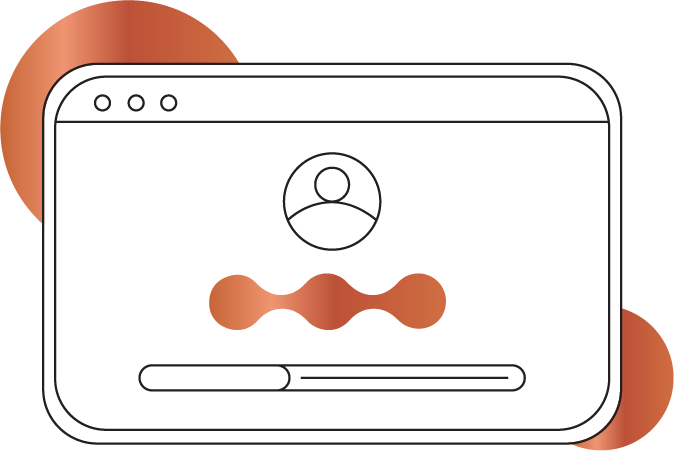As a tech enthusiast and someone who's been in the computer industry for ages, I know just how crucial it is to have a laptop you can count on. But let's face it - with so many options out there, it can be tough to decide which route to take. Do you rent or do you buy? I am here to help. By breaking down the pros and cons of renting versus buying, you'll be able to make an informed decision.
Before we dive into the details, let's make sure we're on the same page. When we say renting a laptop, we mean shelling out some cash to use the device for a certain amount of time. Whereas, buying a laptop means you're purchasing the device outright, whether it's with your cash or through financing options. In the past few years, renting laptops has been gaining popularity because it enables efficient cash flow management.
Rent a Laptop
Benefits: Renting a Laptop
- Access to the latest technology without breaking the bank
One of the biggest advantages of renting a laptop is that you can access the latest technology without having to fork out a large amount of money. This is especially beneficial for freelancers who might need a laptop for short-term projects or architects and coders who frequently require access to newer and more advanced hardware/software, so their operating systems are running smoothly.
- Lower upfront costs
When you lease a laptop, you don't have to pay the full price upfront to the leasing company. This makes it more affordable for individuals who may not have the financial means to purchase a laptop outright.
- Flexibility in rental terms
Getting laptops on rent provides flexibility in rental duration. This means you can choose the length of your rental period and make monthly payments. Making it easier to fit your laptop needs within your budget and lifestyle. Many online players offer rentals for just a single month!
- Maintenance and repairs included
Another significant advantage of renting a laptop is that maintenance and repairs are typically included in the rental package. This means you don't have to worry about additional costs for repairs or maintenance if you have a package that includes insurance.
- Service Included
As a startup, you are likely aware of the challenges that come with buying tech equipment upfront. Not only does it require significant cash flow, but it also entails managing in-house tech and setting up specialized teams and processes to ensure that your company has functional assets. However, if you opt to rent, these issues are typically managed by your rental provider, alleviating some of the burden on your business.
Downsides: Renting a Laptop
- Higher cost in the long-run
There's one major drawback you should consider - it could end up being pricier in the long haul. So, it's crucial to know your needs beforehand. If you only need a certain device for a short period of time, renting is the perfect solution. However, if you're not sure about your requirements, don't worry! You can always look into rental companies that provide a "Rent to Own" option.
Buy a Laptop
Benefits: Buying a Laptop
- Ownership and control
Purchasing a laptop is the perfect choice for individuals who require a device for a specific period and have no plans of replacing it anytime soon. Apart from this, owning a laptop offers a sense of comfort and permanence. You have the liberty to customize the device according to your preferences, and you can use it without any limitations or time constraints.
Downsides: Buying a Laptop
- Higher upfront costs
You know what they say - "Money doesn't grow on trees", and that's especially true when it comes to buying a laptop. It's no secret that purchasing a new laptop outright can burn a hole in your pocket, leaving you feeling like you're missing out on some great opportunities. This can be especially tough for students or freelancers who are just starting out and trying to make ends meet. Even if you do consider financing options, be careful - those interest fees can add up and end up costing you even more in the long run! and bank loans are not worth it.
- Limited flexibility
When you buy a laptop, you're in it for the long haul. That means you won't be able to upgrade or change it easily, which can be a real pain in the neck if your needs or preferences change. You're essentially stuck with outdated equipment, and that can be a significant downside.
- High maintenance and repair costs
If you own a laptop, one of the drawbacks is that it falls under your responsibility to ensure its safety. You never know when accidents could occur, and if you don't have any insurance or coverage, then you may end up with a hefty repair bill or even need to buy a new device entirely! Working with a reputable laptop rental company can help alleviate that stress by providing insurance coverage and handling any necessary claims for you. Minimize your maintenance costs by working with equipment leasing companies.
Asking the right questions
In today's rapidly evolving tech landscape, where your needs can change on a dime, renting a laptop provides you the freedom to upgrade your device to the latest model with ease. However, if you are someone who values ownership and control over your tech equipment, buying a laptop is a solid investment, especially if you plan to stick with a laptop for a few years. So, consider your priorities and make the choice that best fits your lifestyle!



